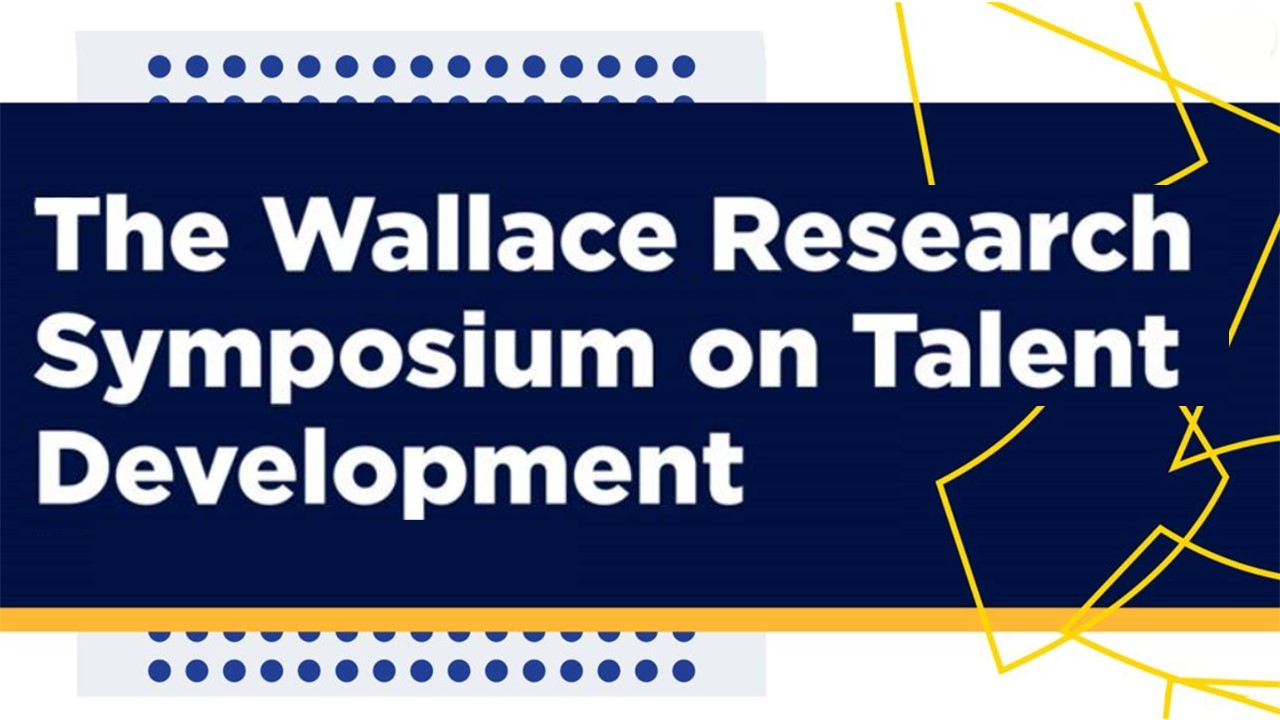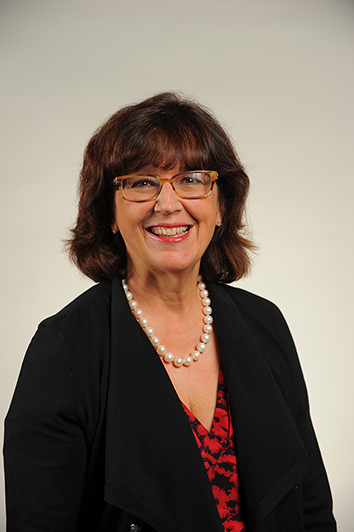
Schedule
Speakers
Campus/Building Maps
Updates
Using Strength-based Teaching Strategies for 2e/ASD Students — Sally Reis
Monday, May 20, 2024, 11:30 am – 12:30 pm, Lawrence D. McHugh Hall, Room 205
Academically talented students with autism spectrum disorder (ASD) have the potential to be successful both in their K-12 school experiences as well as later in college, but their rate of post-secondary enrollment and completion lags behind their peers. Limited research exists on strategies to enable these students to achieve academic success in high school and prepare for competitive college and university experiences. This session summarizes a five-year research project on this population, focusing on a range of specific research-based educational strategies and practices. Students identified as 2eASD identified several specific strength-based teaching and support strategies as essential to their academic success. These included identifying their academic talents; interest-based extracurricular activities; specific challenge based honors and advanced classes in areas of interest and strength; opportunities for advanced, interest-based academic experiences; participation in residential programs during high school; strong and positive relationships with teachers and counselors; specific compensation strategies that could be applied to all of these areas; and personalized strategies to help them overcome anxiety while building social connections. These strength-based practices, experiences, and learning strategies can be incorporated into educational planning for current 2eASD students to enable them to succeed academically and transition, if they desire, to competitive colleges and universities. Implications of these findings and suggested directions for future research will also be discussed.
